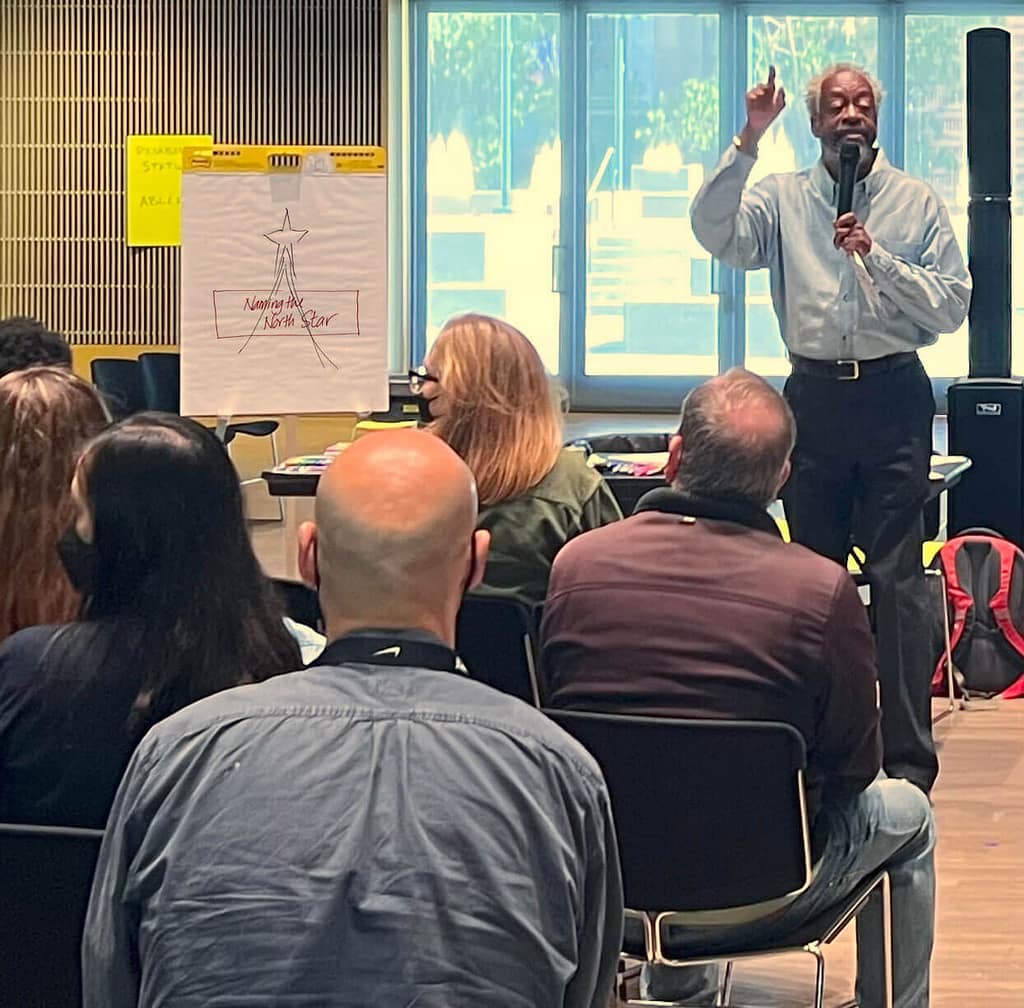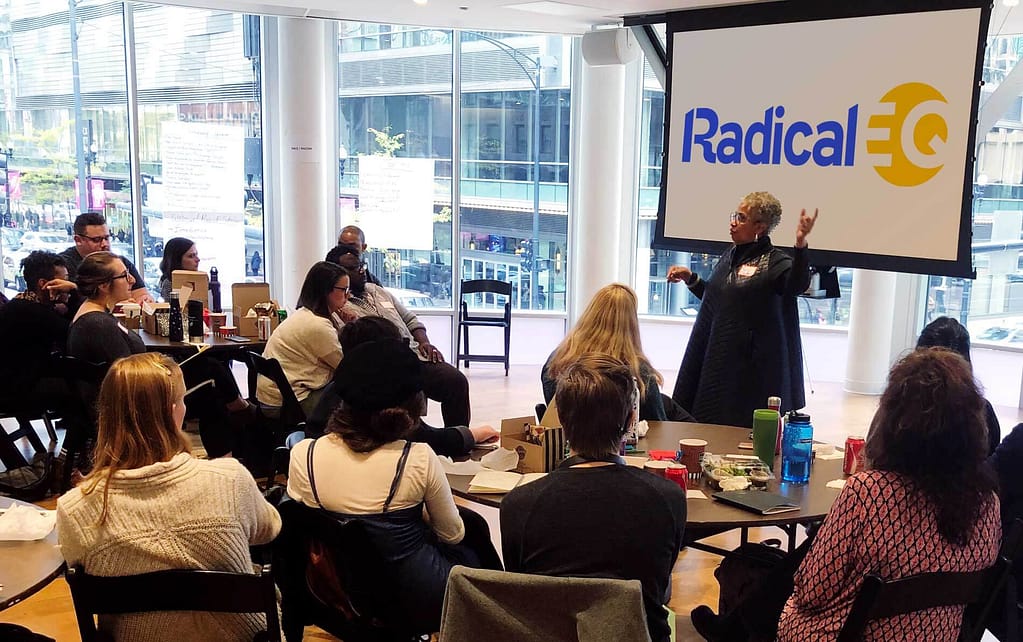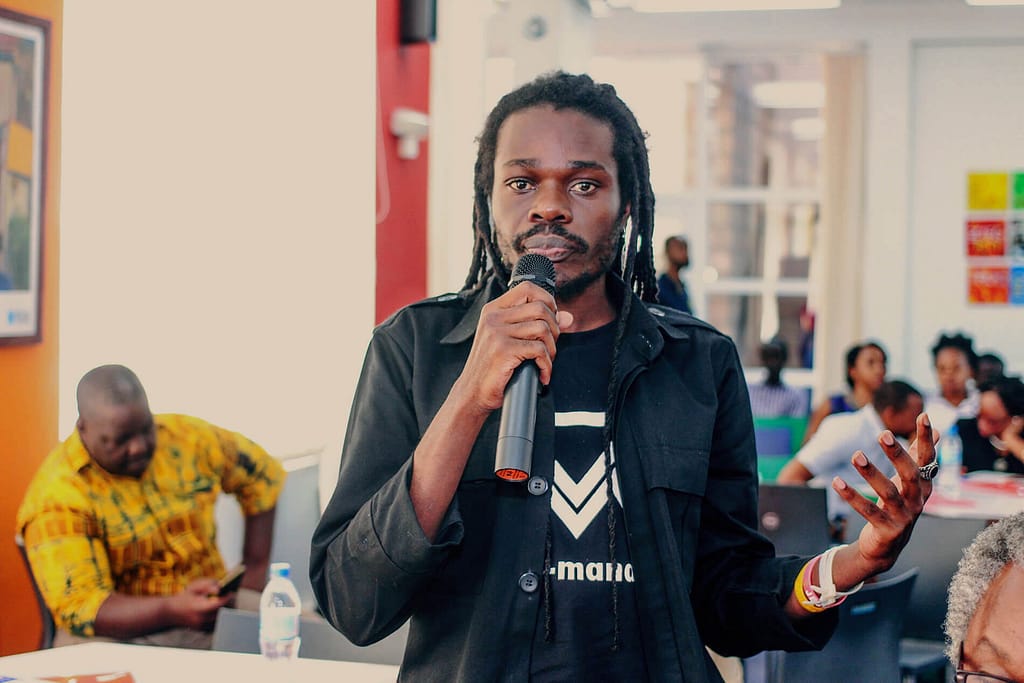By Harry McCord
Radical EQ’s approach to organization transformation is comprised of five (5) components that are rooted in human rights principles:
Radical connection, cultural humility, and community recognizing that organization transformation happens through deep relationships which necessitate the ability to listen deeply and collaborate effectively with individuals from an array of cultures, communities, and backgrounds.
Radical equity is the acknowledgement and recognition of historical inequities in order to achieve a just, equitable, inclusive, resilient organization where people feel they belong. Organization policies, systems, structures, and culture seamlessly create and sustain, for all, a deep connection to one another and the organization as a whole. Individuals within the organization are accountable to one another, while the organization itself is also accountable to them and community(s) to which it is externally connected.
Radical imagination which is more urgent than ever. And it comes about through the development and adoption of principles, practices, processes, and values that create transformative spaces. Purposeful, supportive, and open venues where people within the organization can be their best selves, working together to envision a human centered future – internally and externally.
Radical pragmatism is the integration of data (qualitative and quantitative), advanced analytics, data storytelling, intuition, and creativity that produces strategic action plans. Scenarios are written that project the short and long term implications of large scale change. During the course of implementation, experiments are conducted that validate and amplify what works in challenging the organization’s status quo. This work is radical because once changed, the organization’s culture, systems and policies cannot go back to what they were before.
Radical empathy includes cognitive empathy (understanding another person’s situation intellectually) and emotional empathy (imagining how another must feel and actually experiencing those emotions yourself). Radical empathy, however, goes a step further. It also centers on taking action(s) that creates real change in the behavior of people while also revolutionizing policies, systems, and structures that have marginalized people assigned “Other” status (consciously and unconsciously). Initial actions are comprised of small steps; however, as each person grows confident in their ability to affect change, as well as a deeper sense of trust with one another, bolder actions with even deeper impact are devised and instituted. In the end, this builds a more just and resilient organization culture in addition to an exponential increase in productivity.



